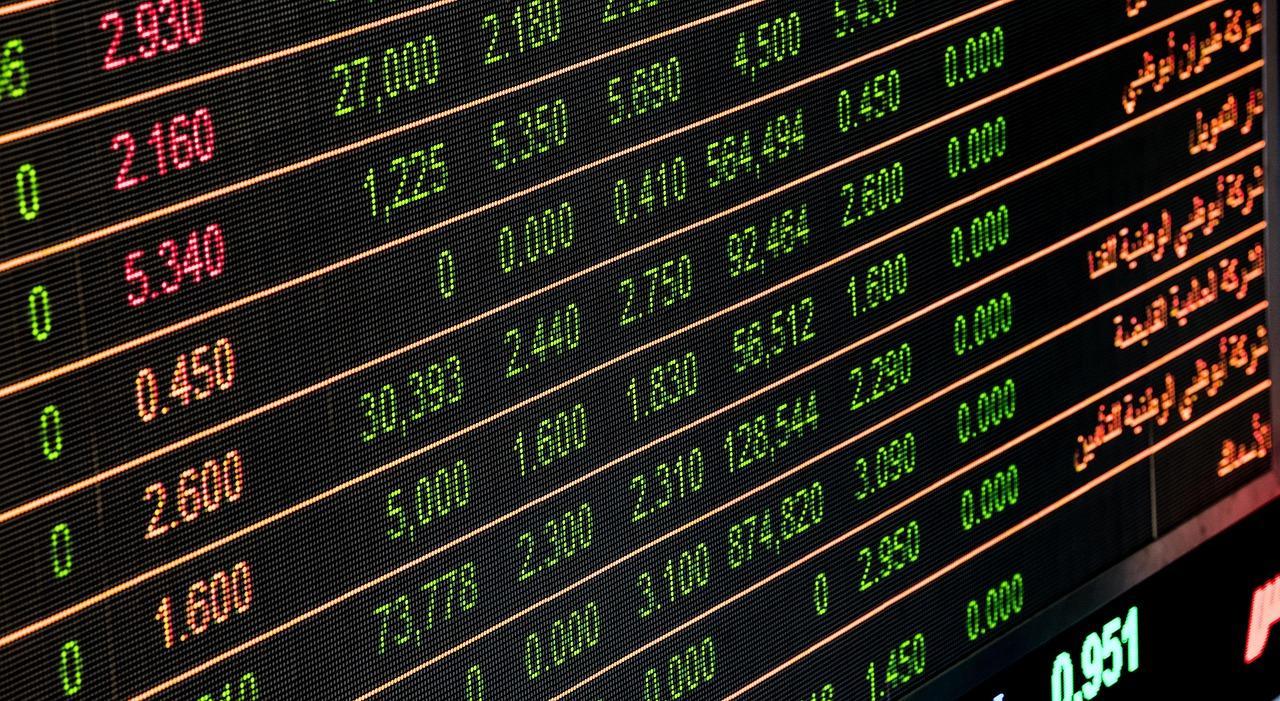You already know that financial training is the practice of buying and selling financial products. Financial trading is actually a way to make money that involves buying low and selling high. On the other hand, you can also sell high and buy low. Some of the primary categories of financial products that people trade include shares, forex, commodities, and cryptocurrencies.
What is a Contract for Difference or CFD
If you are new to cfd trading, you should know that a CFD is an agreement between two parties, which includes the trader and the CFD broker. The trader and the potential broker exchange the value difference of the financial product between the time when the contract opens and closes. CFDs are typically offered for various asset classes, including the following:
- Forex
- Stocks
- Indices
- Commodities
- Cryptocurrencies
The catch with CFDs is that as a CFD trader, you will never actually own the asset. On the contrary, you will be trading based on the price change of your selected asset.
What to Expect with CFD Trading?
As a CFD trader, you won’t be dealing with the delivery of the actual goods or securities. Instead, you will be dealing with the contract opening and closing prices that determine the profit and loss of the trade in your trader’s account. Suppose you have invested in the stock price of Apple, which is currently $5, and you believe that the stock price is going to fall.
You might want to open a short position with the broker at $5 per share, which happens to be the contract opening price. After a few days, the stock price drops to $3 per share. Subsequently, you can ask the broker to close your trading position, where the difference of $2 will be your profit.
CFD Trading on Leverage
CFDs are also often traded on leverage. You should know that leverage is commonly used in CFD trading and allows you to control a larger position in the market than your available capital would otherwise allow, which could further increase gains and losses. With that said, while the potential for profit is there, you must be mindful of the fact that the potential for loss is just as great.
The Benefits of Trading CFDs
So, the question is, why trade CFDs? CFDs enable you to trade in stocks that may not be in your currency. For example, if you are in the UK, you will be able to trade US shares. With CFDs, you can trade in Pound Sterling, and you can open and close trades extremely quickly. CFD is definitely advantageous for trading shares that aren’t in your country. You are simply betting on the price movements of those shares instead of holding the shares.
Another potential benefit of CFDs is the use of leverage and margin. When you put money in an account with a CFD provider, they will essentially loan you more money on top of that. CFD providers will give you much more leverage; however, the leverage will impact your losses, too.





